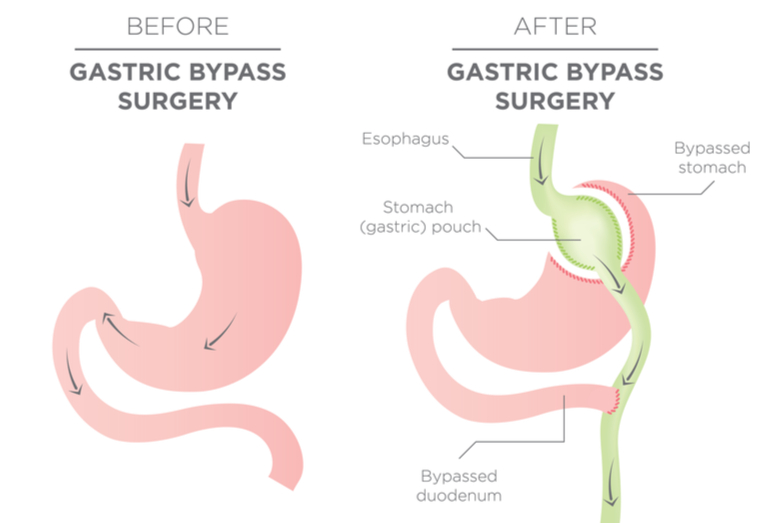As leading providers of non-emergency medical transportation for bariatric patients, we often hear questions like is bariatric surgery painful? As with any surgery, there is pain and discomfort that comes with this common surgery used to help people lose life-changing amounts of weight.
While we are experts in transporting bariatric patients, it’s worth noting that we are not medical doctors and you should always speak with a medical professional when considering bariatric surgery – or if you have any questions leading up to your surgery day.
That being said, here are some answers to commonly asked questions about what it’s like to get bariatric surgery.
5 Commonly Asked Questions About Bariatric Surgery
1. How painful is bariatric surgery?
It is common to experience pain at your incision site following surgery. Some patients also experience pain and discomfort from the way their body was positioned during surgery. You may also have some pain in your neck and shoulder area after laparoscopic bariatric surgery.
2. How long is the recovery process?
Patients typically spend two to five days in the hospital after bariatric surgery, although you may need to stay longer if any complications arise. If you opt for laparoscopic bariatric surgery, the hospital stay is usually shorter.
Laparoscopic surgery is most common and relies on smaller incisions, which is why recovery is shorter. If you require “open” surgery, with larger cuts, it’ll be longer before you are fully recovered.
Most patients report getting back to normal activities and routines within three to five weeks after surgery.
3. What are the most common side effects?
Aside from weight loss, there are less desirable side effects that commonly arise following gastric bypass surgery. Some of the more common include constipation, nausea, vomiting, weakness, gallstones, bloody stools, and blood clots. Skin sagging is common as weight loss takes hold, that’s why many patients opt for skin removal surgery once their weight loss journey is complete.
Wound infections may also result up to 3 weeks post-surgery. If you notice redness, warmth, pain or a pus draining from your wounds, it’s important to get back to your doctor as soon as possible. If your wounds become infected, you will need antibiotics. Leaks are also possible, but relatively rare; they tend to occur around 5 days after surgery and are accompanied by pain in your abdomen and an overall feeling of illness.
4. How much weight do most people lose after bariatric surgery?
Weight loss will vary by individual, but in most cases, you can expect to lose a considerable amount of weight. We recommend talking to your doctor to find a ballpark figure to this answer.
Weight loss also depends on the type of surgery you get – as there are different types of gastric bypass surgery. Gastric banding is one option, but sleeve gastrectomy is gaining popularity and people who go this route tend to lose about forty percent more weight.
Typically, patients lose around sixty percent of their excess weight following gastric bypass surgery.
It’s not just weight loss that you have to look forward to. Along with this weight loss comes a reduction in weight-related illnesses such as type 2 diabetes and sleep apnea. Plus, ninety-five percent of people who get weight loss surgery report an improvement in overall quality of life.
5. How do I get to and from the hospital for gastric bypass surgery?
A team of trained professionals who specialize in non-emergency medical transportation for bariatric patients is the safest and most reliable way to make it to your appointment and back home after your recovery period.
Based in Melbourne, Florida, our team is trained and equipped to handle patients of varying weights. Plus, we offer both local and long-distance transportation, so it doesn’t matter how far away your scheduled appointment is – even if it’s in a neighboring state, we can take you there.
We have bariatric wheelchairs and stretchers depending on your needs. Contact us today to learn more, get a quote, or schedule your ride.

